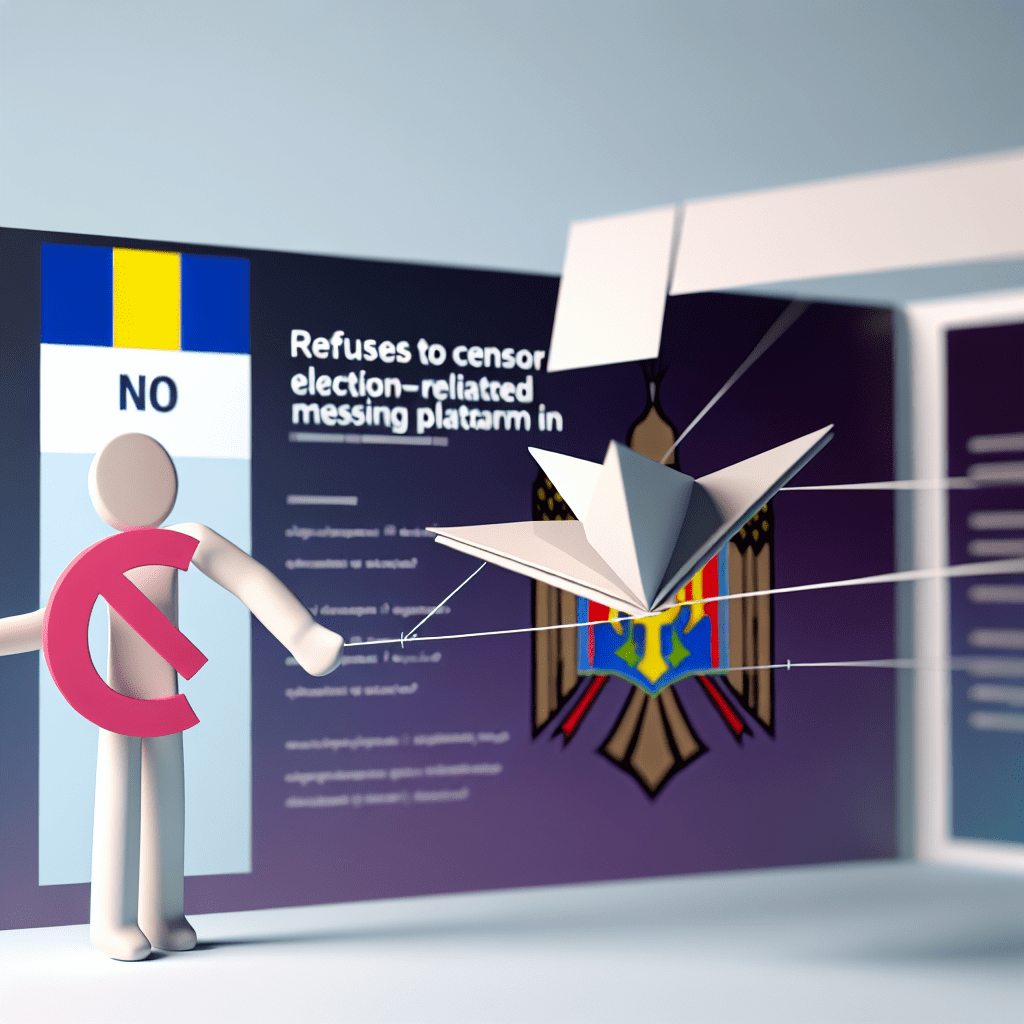Pavel Durov, co-founder of Telegram, asserted that French intelligence had requested he censor election-related content in Moldova for 2024, promising favorable remarks to the judge presiding over his trial, which he refused.
Durov mentioned that Telegram initially removed certain posts that “clearly” breached its terms of service but declined to erase more content due to political motivations. In a Telegram post on Sunday, he stated:
“Shortly thereafter, the Telegram team received a second list of so-called ‘problematic’ Moldovan channels. Unlike the first, nearly all of these channels were legitimate and fully compliant with our rules.
Their only commonality was their expression of political views that were unfavorable to the French and Moldovan authorities. We refused to comply with this request,” he added.
The crypto community backed Durov following his arrest in France in August 2024 and the ongoing developments in his case, as the conflict over free speech between tech platforms and state governments implementing censorship policies continues.
Related: Telegram founder Pavel Durov says case going nowhere, slams French gov
French and European authorities previously requested Telegram to censor political content
In May 2025, Durov referenced a prior case where French intelligence pressured Telegram to censor Romanian election material, which he refused.
“You can’t ‘defend democracy’ by destroying democracy. You can’t ‘fight election interference’ by interfering with elections. You either have freedom of speech and fair elections — or you don’t,” he wrote.
Following his 2024 arrest, which was met with widespread backlash from the crypto sector and human rights advocates, he openly criticized the French government and the trajectory of the European Union.
In June, he warned that France is edging towards societal breakdown due to government censorship and ineffective policies from the current administration.
He also declared that Telegram would withdraw from regions, including France, rather than compromise user privacy by surrendering encryption keys or creating backdoors for state surveillance.
Durov’s ongoing alerts regarding state-sponsored attacks on online free speech and privacy reached a critical point in 2025 when a EU proposal to monitor all chat messages, including encrypted communications, secured support from 19 EU member states.
Magazine: Did Telegram’s Pavel Durov commit a crime? Crypto lawyers weigh in

